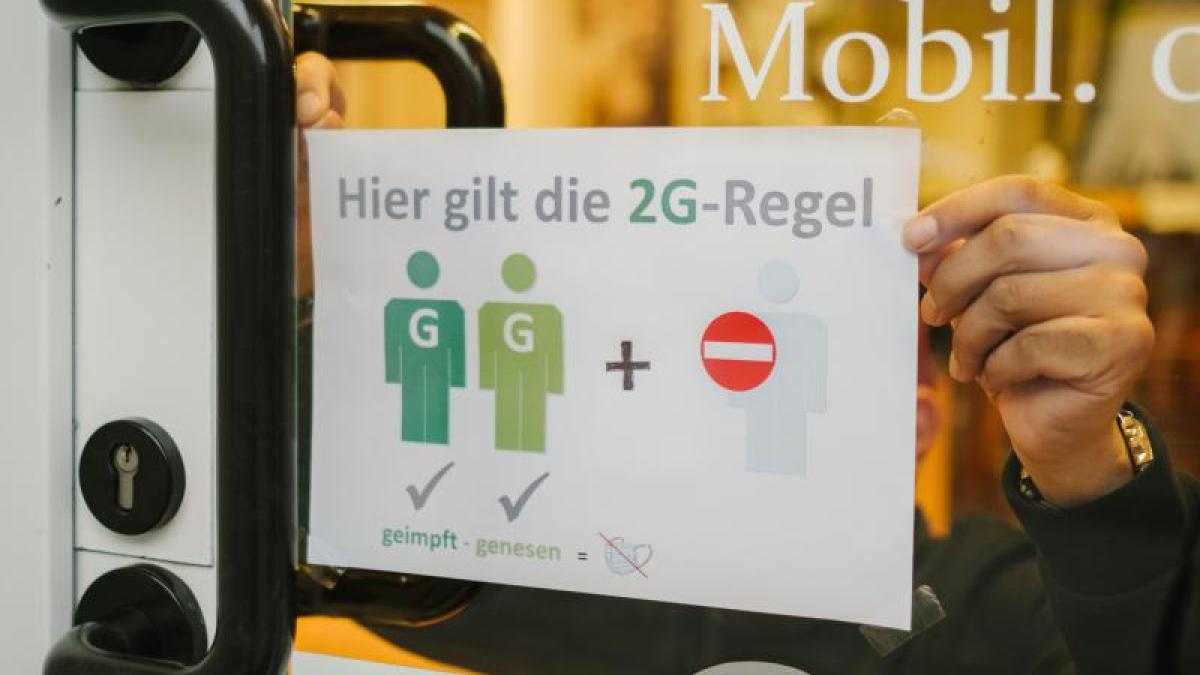In order to break the fourth wave, the heads of government of the federal and state levels have agreed on stricter corona rules. From when they apply, read here.
Stricter rules will soon apply, especially to those who have not been vaccinated. At their summit on Thursday, the federal and state governments agreed on partially tough restrictions. They are needed to break the wave and to relieve the health system.
The infection numbers are still too high, on Friday the Robert Koch Institute reported 74,352 new infections, the incidence has risen again and is now 442.1. But when do the new restrictions come into effect?
When do the new corona rules apply?
Until the new ones Corona rules come into effect, it may still take a few days. Of the Bundestag must first approve the changes in the Infection Protection Act. Then the Federal Council nor give his consent. The federal and state governments agreed on Thursday, among other things, on stricter 2G rules in retail, on contact restrictions for unvaccinated people and on a mask requirement in schools. In addition, there should be a ban on firecrackers again on New Year’s Eve.
Video: dpa
However, there is no uniform date for the entry into force of the new rules, because the state parliaments must first adopt the ordinances themselves. Before that, they can – if desired – set even stricter rules. Baden-Württemberg has already announced that it will adopt stricter measures. Bavaria also wants to sharpen up – but many of the rules already apply in the Free State that have only now been adopted as a minimum standard for the whole of Germany by the Bund-Laender Round. The Bavarian cabinet wants to set the new regulations on Friday. But then Parliament still has to give its approval before the rules can apply.
Corona rules: Vote on mandatory vaccination in the Bundestag planned
Before the new corona rules come into force, they must be published in the official gazette – this applies to the federal and state governments. In any case, it will take even longer to implement a compulsory vaccination. The designated Chancellor Olaf Scholz (SPD) had announced that it would be voted on in the Bundestag as soon as possible without being compelled by a parliamentary group.
Read about it too
It is still unclear when exactly the vote will take place. However, the date is planned for the beginning of February 2022. The Ethics Council should prepare a recommendation by the end of the year. A facility-related vaccination requirement, for example for employees in the health care system, should come earlier.
We want to know what you think: The Augsburger Allgemeine therefore works with the opinion research institute Civey. Read here what the representative surveys are all about and why you should register.
– .


